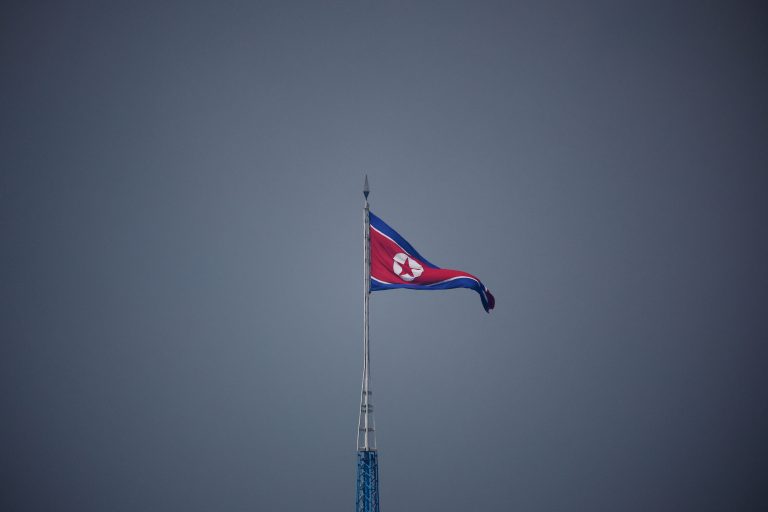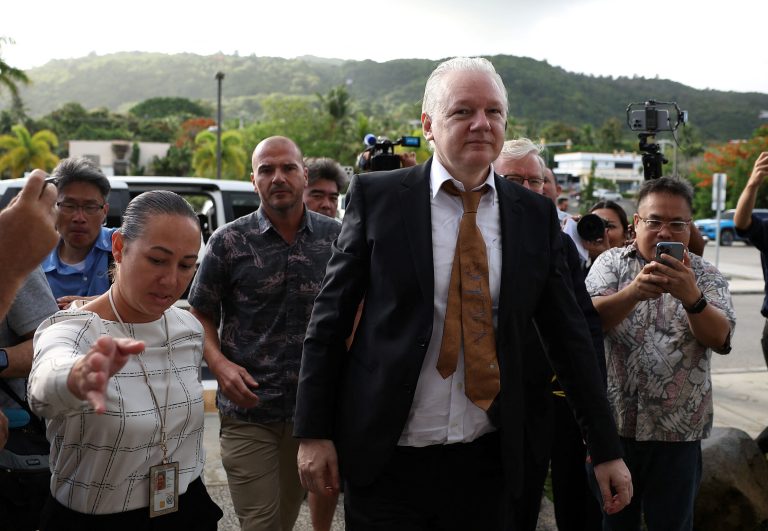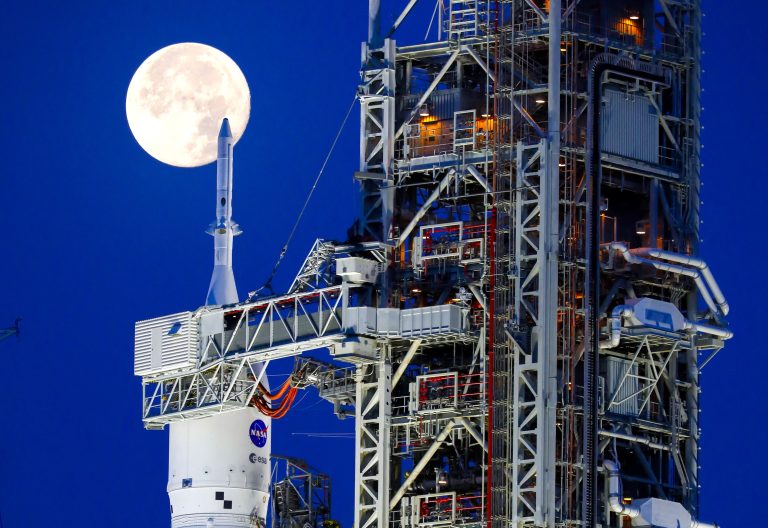North Korea’s latest attempt to put a military reconnaissance satellite in orbit ended in explosive failure on May 27 (Monday), as the rocket carrying it exploded following lift-off.
The isolated totalitarian state had previously put its first spy satellite into service last November, after a few failed attempts.
Pyongyang’s latest launch involved a rocket featuring a new “liquid oxygen and petroleum engine,” which was destroyed in a fireball. The burning wreckage fell into the Yellow Sea between China and the Korean peninsula.
Pyongyang had shortly before issued a warning that it would try to launch a satellite by June 4. Before the launch of North Korea’s first successful reconnaissance satellite, called “Malligyong-1,” the country had suffered two failures.
“The launch of the new satellite carrier rocket failed when it exploded in mid-air during the flight of the first stage,” the deputy director general of North Korea’s National Aerospace Technology Administration said in a report carried by state media.
Success
You are now signed up for our newsletter
Success
Check your email to complete sign up
An initial analysis suggested that the cause of the failure involved the newly developed liquid-fuel rocket motor, but other possible causes were being investigated, a report carried by state media KCNA said.
- Kim Jong Un Publicly Suggests Failure of North Korea’s Rationing System
- Australia’s Defense Minister Denounces China Over Aerial Confrontation
International reactions
Officials in South Korea and Japan had earlier reported that the launch seemed to have failed.
North Korea fired the projectile on a southern path off its west coast at around 10:44 p.m. (13.44 GMT) on May 27, the South’s Joint Chiefs of Staff (JCS) said it detected a large amount of debris from the rocket in the sea just two minutes after launch.
“Even if it failed, it is a huge leap,” he said, noting that some of South Korea’s space rockets were initially developed with Russia decades ago and use similar technology.
Russian experts have visited North Korea to help with the satellite and space rocket program, Yonhap news agency reported, citing an unnamed South Korean senior defense official.
The one-minute black-and-white video provided by the South’s Joint Chiefs of Staff (JCS) showed what appeared to be an explosion in the sky followed by flashes.
The footage was filmed by an observation device on a South Korean patrol vessel, the JCS said, while Japanese Chief Cabinet Secretary Yoshimasa Hayashi told reporters the object launched by North Korea disappeared over the Yellow Sea.
A U.S. State Department spokesperson condemned the launch, “which incorporated technologies that are directly related to the DPRK’s ballistic missile program and took place in violation of multiple UN Security Council resolutions.”
China, South Korea, and Japan had just wrapped up a rare three-way summit in Seoul.
South Korean President Yoon Suk Yeol and Japanese Prime Minister Fumio Kishida had called on North Korea not to go ahead with the launch, while Chinese Premier Li Qiang did not mention the launch instead, but called on all parties to lower tensions on the peninsula.
Suspected Russian assistance
Lee Choon-geun, an honorary research fellow at South Korea’s Science and Technology Policy Institute, suggested that a petroleum fuel and liquid oxygen engine suggests that Russia may have provided assistance.
Some analysts questioned why North Korea would switch engine types. Some speculate it could allow Pyongyang to separate its civilian space program from the ballistic missiles, banned by the United Nations Security Council.
The successful November launch was the first after North Korean leader Kim Jong Un made a rare trip abroad and toured Russia’s most modern space launch center. On that occasion, President Vladimir Putin promised to help Pyongyang build satellites.
Neither country has elaborated on the extent of that future aid, which could violate UN Security Council resolutions against North Korea.
Pyongyang has said it needs a military reconnaissance satellite, in order to boost monitoring of U.S. and South Korean military activities.
South Korea’s Yonhap news agency reported, citing an unnamed South Korean senior defense official, that Russian experts have visited North Korea to help with the satellite and space rocket programme.
Reuters contributed to this report.







